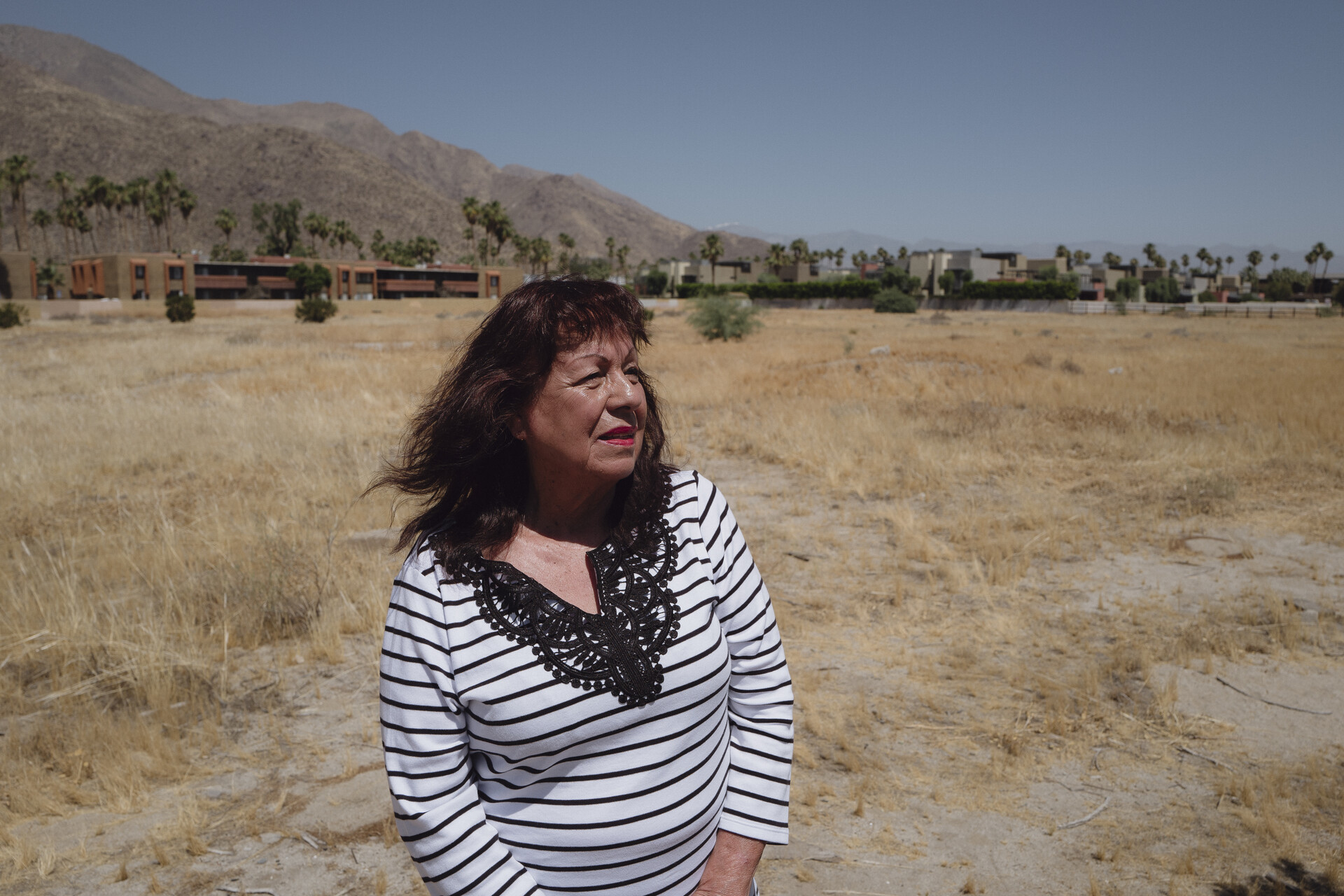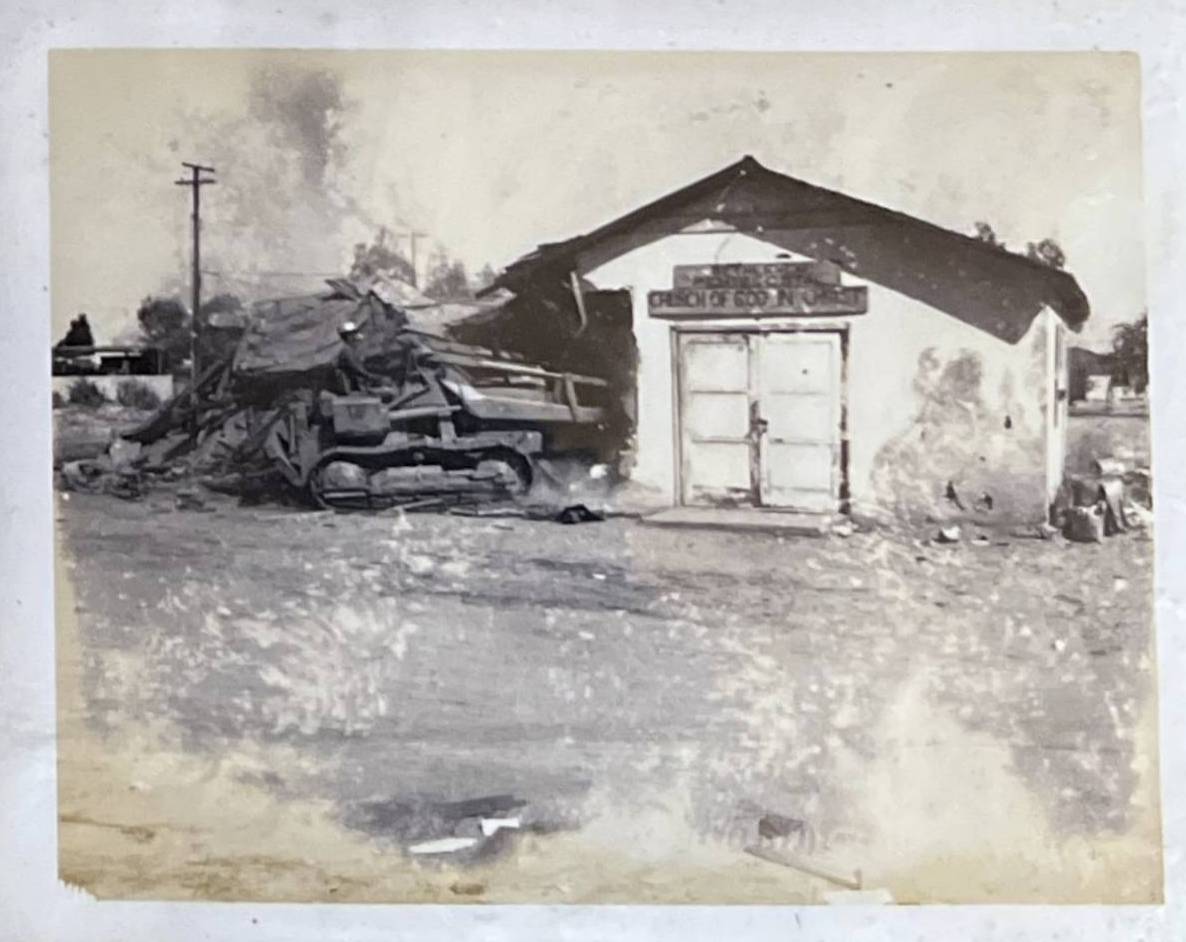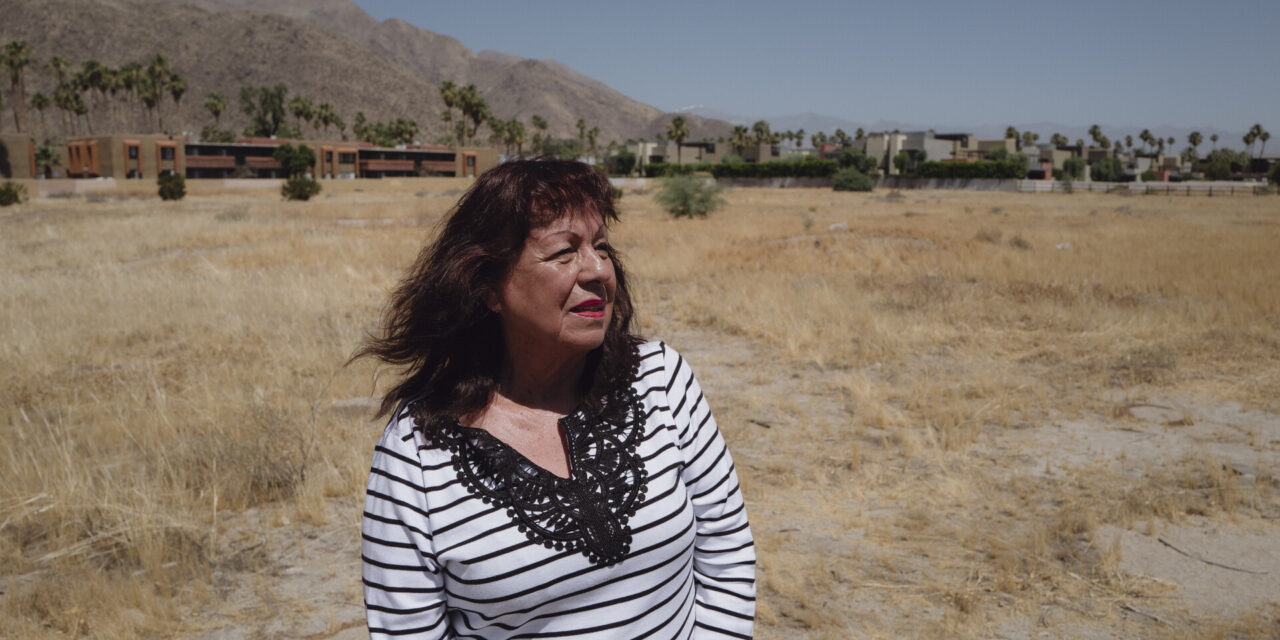The city will also fund a $1 million small business program aimed at “empowering local business initiatives for marginalized communities.”
This agreement comes years after the Palm Springs Section 14 Survivors group, created by former resident Pearl Devers, began demanding the city pay for the loss of their homes, personal property and the racial trauma they experienced from the burning of their neighborhood.
“I feel like I can breathe finally, for my community, for my parents, for everybody. It’s been a long journey. It’s been a hard-fought journey. And I’m just happy that we have prevailed,” Devers said after the vote on Thursday.


In 2021, the group filed a claim against the city, saying that the evictions amounted to a racially motivated attack. The city formally apologized for its role in the widespread displacement of the city’s working-class Black and Latino residents, most of whom worked in the service industry as construction workers and housekeepers.
At the time, the city vowed to make things right, but negotiations quickly stalled, and little progress was made until this year.
In April, the city offered $4.2 million to survivors and descendants in restitution to pay for 145 destroyed homes and damaged belongings. But the group declined the offer. Martin, the group’s attorney, said that amount was only a fraction of what the families are owed.
The newly agreed-upon settlement is based on a historical context study released by the city in November. The study found an estimated 197 homes were demolished, up from 145 homes identified in previous city records.

The reparations agreement in Palm Springs follows similar recent efforts in a handful of California cities. In 2021, the Los Angeles County Board of Supervisors voted to return Bruce’s Beach back to the Bruce family 100 years after it was taken from them because they were Black. Residents in Russell City — in Hayward — and the city of Los Angeles have since launched their own efforts, seeking reparations for properties they believe were taken through racially motivated eminent domain.




